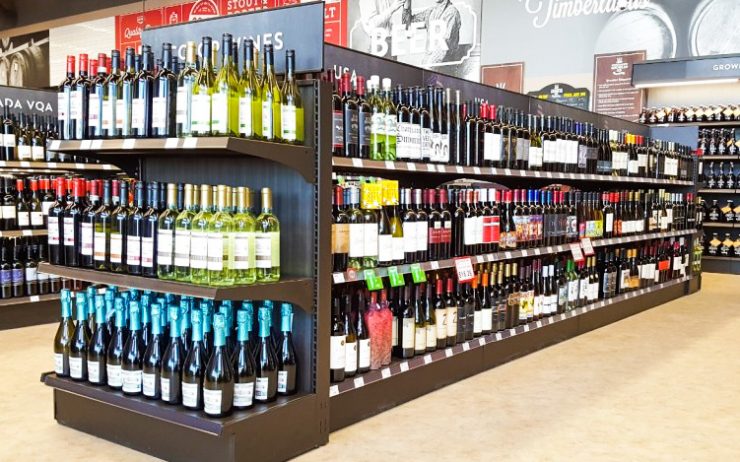Candy may be dandy but alcohol gives immediate revenues to state governments – and that is why they want liquor retailing to be allowed now
When the national lockdown was announced, the union government left states to pretty much decide what they would include in the list of “essential goods”. It, however, made it clear that while the states had a certain leeway, alcohol was not to be considered an essential product. It, in fact,made it clear in its consolidated guidelines that liquor, along with tobacco products and Gutkha were not to be sold during the period of the lockdown.
Obviously, alcohol and beer manufacturers are appealing that bar. The Confederation of All Alcoholic Beverage Companies (CIABC), the International Spirits and Wines Association of India (ISWAI), as well as the All India Brewers Association (AIBA) have written to state chief ministers talking about the number of jobs the industry supports. And for once, a number of chief ministers find themselves batting for allowing liquor sales during the remaining period of the lockdown.
Even before the lockdown was extended, Assam and Meghalaya had allowed alcohol sales in their states in the very first phase. West Bengal too seemed to take a lenient view with Chief Minister Mamata Banerjee allowing home delivery of liquor through a notification though the union government put a stop to that almost immediately. Now, Kerala, Punjab and Maharashtra are strongly pitching for allowing of liquor sales without waiting for the lockdown to end. The Union Home Ministry, on the other hand, is firm in its decision not to allow alcohol sales till at least May 3 – assuming the lockdown is not extended once again at the national level.
It is not that the state chief ministers batting for the alcohol – or alcobeverages as it is often called — industry are over-fond of tippling. It is simply that they know that while candy is dandy, liquor is definitely quicker when it comes to revenue generation. After the Goods and Service Tax (GST) replaced the erstwhile excise duties and VAT in almost all products, the centre collects the taxes and then gives the states their share of the revenues. Among the few taxes the states still collect directly are those levied on sales of alcohol and petrol and diesel sales, which are not included in the GST.
The states have largely been at the forefront of the Coronavirus fight with relatively little help from the union government. To add insult to injury, the centre still owes Rs 30,000 crore to states on the GST front. The money collected in the PM CARES fund has also not been allocated for any state relief programmes so far. You cannot, therefore, blame the states for trying to allow alcohol sales to take place in the remaining days of the lockdown. Petrol will not fetch much revenues with people staying off the roads and all public transport being banned. But liquor sales could make up for at least some of the slack. Except for Gujarat and Bihar, where there no sales of liquor is allowed in even normal times, most states make a fair amount of money from taxes on liquor. Some of them are even directly involved in the business with a state distribution company having the monopoly on liquor supplies to retailers. Tamil Nadu, Maharashtra, Karnataka, Uttar Pradesh and Haryana all earn over Rs 15,000 crore a year from alcohol sales. Kerala and Meghalaya have among the highest per capita consumption. Delhi, with high per capita income, leads in the consumption of high-end brands.

Alcohol manufacturers have been largely twiddling their thumbs since the lockdown was implemented. Diageo has manufactured and supplied 3 lakh litres of sanitisers to the government. However, post the lockdown restrictions being relaxed for starting production in rural areas, three Diageo plants in rural areas of UP have received permission to start partial operations.
Deepak Roy, vice-chairman of Allied Blenders & Distillers (ABD) says the lockdown would have easily cost the big manufacturers between 20 and 30% of their annual sales. Both Diageo and ABD say that bootlegging and liquor smuggling is happening because of the lockdown as some retailers sell to customers through the backdoor. The demand is still there, says Deepak Roy, but the industry could go through a supply-side shock because of fund problems caused by the lockdown.
It is not often that alcohol company executives and state chief ministers find themselves on the same side arguing against the union government policies. But the Coronavirus pandemic has aligned their interests together.










Add comment